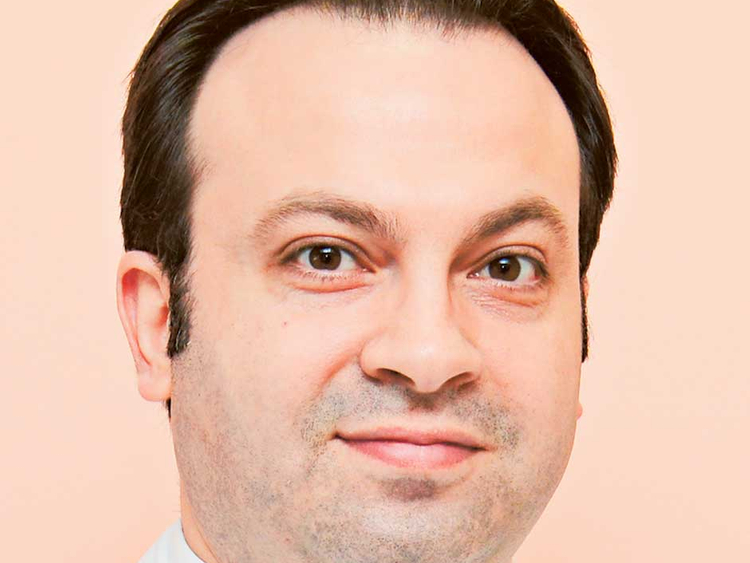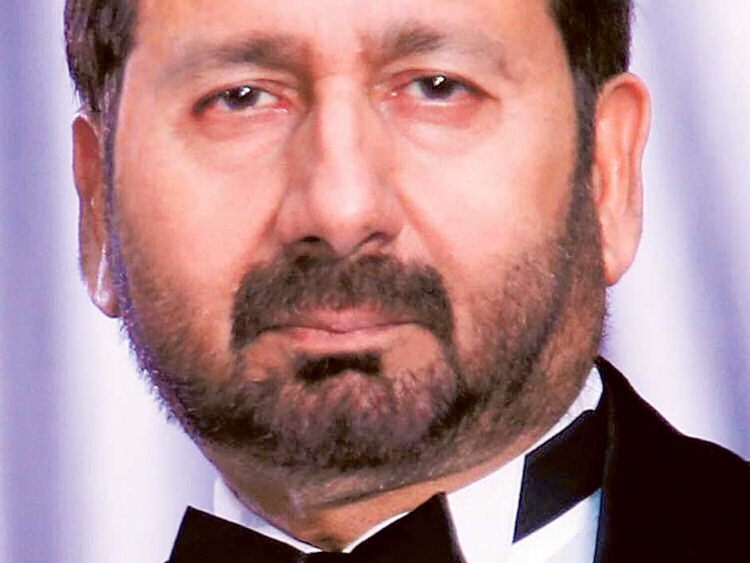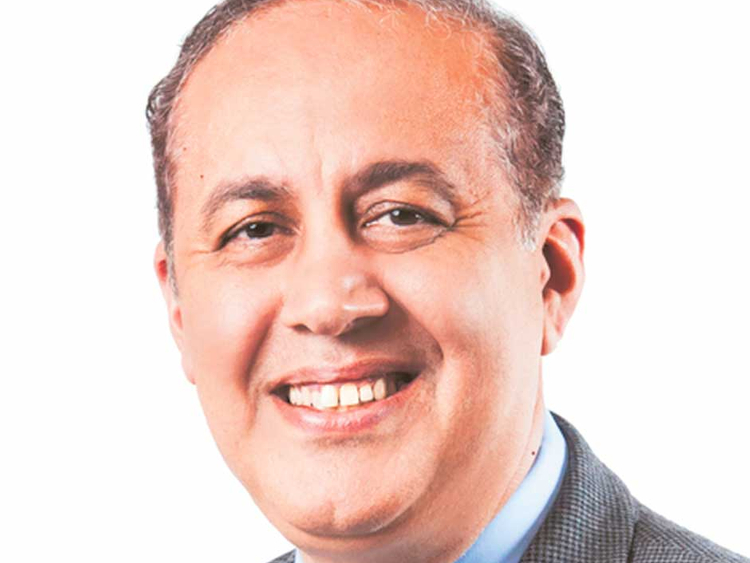Dubai: The new medical liability law in UAE has been welcomed by doctors and patients alike as it strives to be even-handed in the dispensation of justice when it comes to the settlement of a medical malpractice case.
The new medical liability law adopts human rights in patient care, protecting rights of patients, physicians and health-care providers.
The Medical Liability Law was decreed last month by President His Highness Shaikh Khalifa Bin Zayed Al Nahyan and took effect early this month after its publication in the official gazette.
Under the law, patients can report any malpractice or medical negligence by service providers or pharmaceutical companies directly to the health authorities.
It aims to check human right violations by upholding the rights of the patients and giving the next of kin the right to file a criminal case against the hospital or doctor who they think was guilty of malpractice.
At the same time, the medical community can be reassured that the case will be subject to an impartial inquiry involving a peer review and no doctor will be arbitrarily arrested.
Dr Mohannad Diab, specialist oncologist of NMC Speciality Hospital, Abu Dhabi, told Gulf News: “The recent law marks a decisive shift in the medical field to a higher realm and the medical fraternity is delighted with it. It not only gives the patient the right to complain and seek redressal in a medical negligence or malpractice case, it also protects the rights of the doctors and hospitals, giving them a chance to explain [the circumstances]. This is an extremely professional step, bringing the UAE closer to similar laws around the world.”
Dr Raza Seddiqui, Group CEO of Arabian Health Care Group, UAE, feels the law bears testimony to the evolving face of the health care industry in the UAE. “The law clearly defines the rules of the game and seeks to protect and uphold the rights of all stakeholders in the medical field, striking a balance and enhancing the confidence of doctors, patients and hospitals. Earlier [there was less clarity] and patients felt they had no forum for redressal. Now the law provides that both parties will be given an opportunity [to address a situation]. If a doctor, for instance, has followed an evidence-based medical practice, followed a well-established protocol, kept the patient and relatives sufficiently counselled on the success rate of the procedure, then he can be reassured that his right will be upheld. Similarly, if the patient or his relative are convinced of medical negligence, they have a right to file a criminal complaint. The law is professional and brings UAE on a par internationally with regard to best practices on medical liabilities. [This will also] provide a fillip to medical tourism to the country,” Dr Seddiqui said.
Dr Riad Abdul Karim, chief medical officer of American Hospital, Dubai, is happy that the law provides a clear system of redressal to both parties. “The new medical liability law strikes a balance between the rights of patients and the rights of physicians and health-care providers. In particular, physicians will be pleased with the elements of the law which describe a clear and transparent process for investigation of malpractice complaints. Also, providers will be comforted by the sections which exempt them from malpractice allegations in cases where complications occurred despite the provision of appropriate medical care.”
Dr Sunjay Sureen, UK board-certified specialist orthopaedic surgeon at Prime Hospital, Dubai, feels the medical liabilities law is on a par with similar laws in the UK health-care field. “Doctors need not practise defensive medicine any more and can feel free that if they have acted within the protocol purview and if an outcome has gone wrong despite all precautions, they will not be held liable. The patient, too, has an equal right to present his case. This law definitely lifts UAE’s current health-care field to a more professional level and will be a win-win for all stakeholders.”















